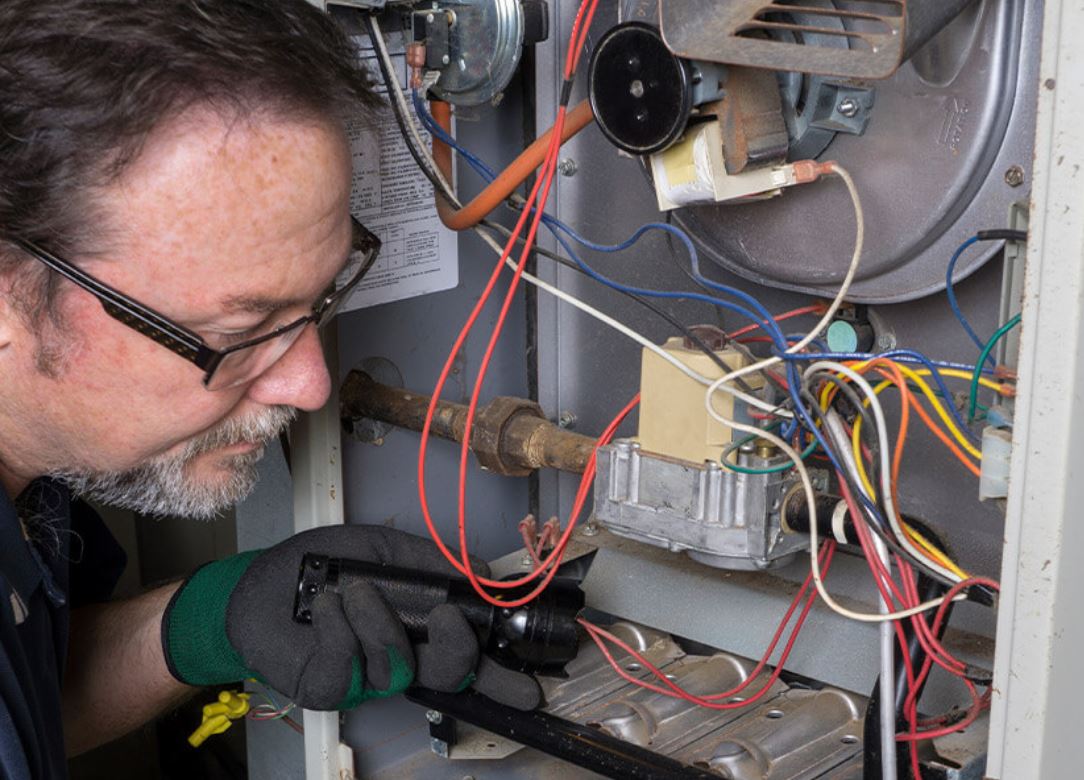This article delves into the intricate world of air conditioner maintenance, specifically focusing on cleaning techniques. It offers a comprehensive guide to understanding key components, providing meticulous step-by-step instructions for effective cleaning. Regular upkeep methods are further discussed to promote longevity and optimal functionality of these cooling units. The discourse aims to equip readers with indispensable knowledge for maintaining a comfortable indoor climate while fostering a sense of belonging within the HVAC community.
Understanding the Components of Your Air Conditioner
In order to effectively clean an air conditioner, it is crucial to first familiarize oneself with its various components and their respective functions. This involves understanding the air conditioner anatomy and the functionality of each component.
The primary components include the compressor, condenser, evaporator, expansion valve, and air handler. The compressor pressurizes refrigerant gas to a high temperature while the condenser dissipates heat absorbed from the house and releases it outside. The evaporator absorbs heat from indoor air and cools it while the expansion valve monitors refrigerant flow into the evaporator.
Understanding these parts enables one to identify which areas require thorough cleaning. For instance, accumulation of dust in the air handler can block airflow thereby reducing efficiency. Similarly, a dirty condenser coil hinders heat dissipation causing overworking of other components.
To belong to those proficient in HVAC systems maintenance requires not merely knowing but implementing this knowledge in regular upkeep activities. Cleaning an air conditioning unit upholds its performance, reduces energy consumption, extends lifespan but importantly fosters a sense of belonging amongst peers who value practical application of knowledge.
Step-by-Step Guide to Cleaning Your Air Conditioner
Proper maintenance of cooling units involves a systematic, multi-step process. This procedure is not merely a superficial cleanse; it extends to the intricate parts of air conditioning systems. An efficient cleaning approach ensures the longevity and functionality of these units.
Detergent selection plays a vital role in this operation. An appropriate cleaning agent can effectively eliminate accumulated dust particles and other forms of debris within the unit without causing damage to its components.
Safety precautions are an integral part of this procedure. Prior to starting the cleaning process, it is advised that power supply to the unit be switched off to prevent electrical hazards.
The following steps provide a comprehensive guide:
- Disassemble the cooling unit: Removal of casing or filters facilitates access to inner parts.
- Cleanse with suitable detergent: Apply evenly, avoiding motor or electrical areas.
- Rinse and dry thoroughly: Prevents mold growth and maintains efficiency.
These precise instructions aim for inclusivity among individuals who wish to belong in the DIY community. With strict adherence, HVAC system's lifespan could be extended significantly while ensuring optimum performance throughout its use period.
Tips for Regular Maintenance of Your Air Conditioner
Regular maintenance of cooling units demands a consistent schedule and meticulous attention to their mechanical parts. The process is not as daunting as it might sound; with regularity, the task can be managed efficiently without causing significant disruption to daily routines.
Central to this maintenance routine is filter replacement. Over time, air conditioner filters accumulate dust and debris which obstruct airflow, reducing the system's efficiency and potentially leading to more serious issues if left unchecked. Therefore, it is recommended that filters are inspected monthly during high usage periods and replaced or cleaned as necessary.
Condenser care plays an equally critical role in maintaining optimal performance of HVAC systems. As outdoor units, condensers are exposed to external elements which can cause dirt accumulation on the coils over time. This buildup needs to be periodically removed using a commercial coil cleaner following manufacturer instructions meticulously for safety and optimal results.

